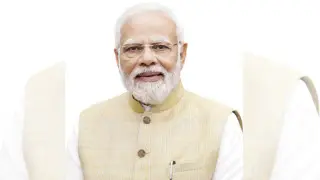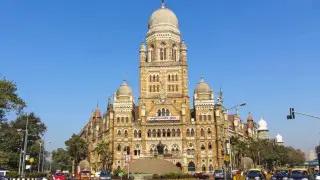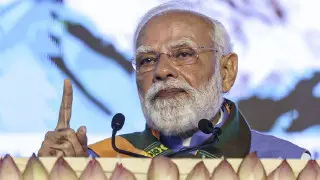
Babri Masjid (File Image)
Babri Masjid demolition: The vandalism in Ayodhya has unleashed a storm of consequences that has begun to devastate lives, dreams, and the very foundation of India as a nation. The incident mirrors deeper fissures in the country's socio-political fabric, highlighting an alarming inability to confront critical issues head-on. Ayodhya has become a metaphor for instability—its impact resonating from Punjab to Kashmir, underlining the fragile balance that defines India’s secularism.
The fallout from Ayodhya has exposed a leadership vacuum, with Prime Minister P.V. Narasimha Rao appearing overwhelmed by the political and communal crisis. A shaken minority community fears the rise of armed militancy while whispers of Muslim terrorism and foreign-backed disruptions grow louder. Economic reforms are stalling, foreign investors are retreating, and India’s standing on the global stage is faltering.
The Bharatiya Janata Party (BJP) has strategically used Ayodhya to consolidate power, turning it into an electoral plank since the late 1980s. Their rise from political obscurity to prominence was fuelled by alliances with centrist and leftist parties, which unwittingly legitimised their divisive agenda. The BJP’s confrontational approach, marked by L.K. Advani’s infamous rath yatra, deepened communal divisions, leaving secular forces scrambling for relevance.
The Ayodhya tragedy has laid bare the urgent need for secular forces to rise above politics and forge a national movement for unity and progress. Leaders must reject divisive narratives and focus on addressing India’s real challenges—poverty, illiteracy, and overpopulation. The nation stands at a crossroads, requiring statesmanship and the collective will of its people to rebuild trust and foster harmony.













Copyright © 2025 Top Indian News
